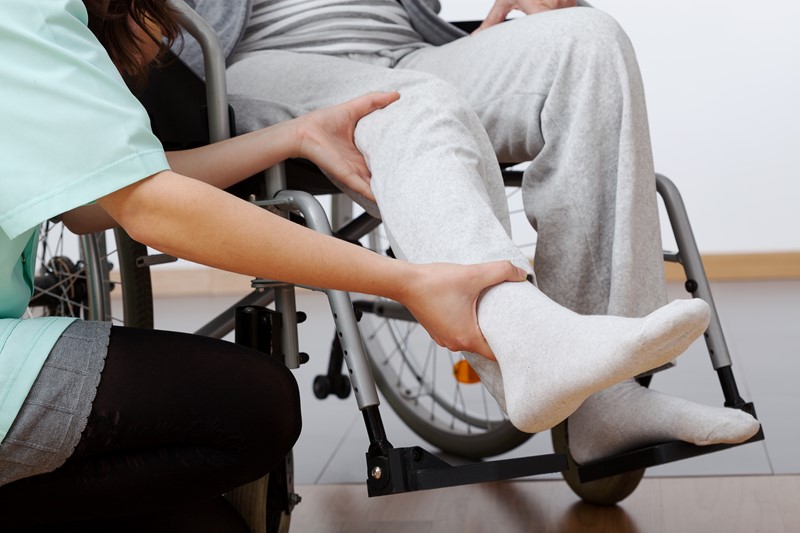The task of preventing hospital readmissions has moved away from acute care, back out to the ambulatory care settings – and into the patient’s home. A patient’s location and mobility should not limit the scope or quality of available care. The need to travel to a clinic is no longer an assumed requirement or barrier to providing effective treatment – but provides another level of care options for patients and clinicians.
Wearable and handheld solutions, like Orion Health Remote Patient Monitoring, are a perfect fit for enabling patients and other types of care facilities such as hospice, retirement communities with specialised care wings, and other in-home providers to keep their patients out of hospital – but also keep clinical providers informed. Through the use of these tools, these community services could provide more comprehensive home care alternatives to enhance support for patients suffering from chronic disease such as; diabetes, congestive heart failure (CHF), hypertension, asthma/chronic obstructive pulmonary disease (COPD), and others that have challenging care and lifestyle regimens.
A patient can monitor their health at home through devices that notify their clinical providers automatically, from the comfort of their own home. If clinicians are made aware of any patient deterioration early, they can take action to ensure the patient gets the care they need in a timely manner.
Regular follow-up, treatment compliance and lifestyle modifications are key factors in managing patients with chronic disease. With this shift to remote patient monitoring we have gone beyond organisations saving costs on admissions, to being fully engaged in preventing these patients from being readmitted. This can be achieved through a coordinated approach, that assists with the recognition of deterioration in vital signs that remote patient monitoring offers. It is safe, timely and effective, with response management to recognise the patient’s deterioration. The appropriate tools enable the patient to stay at home, keep in contact with their clinical providers, help them to recognise a change, mitigating the need for face to face visits.
The broader goal is for clinician-patient collaboration, with the right technologies, to bring a patient’s data from wearables, blood pressure monitors, blood glucose monitors and other home health devices, directly into the patient’s medical record and the existing clinical workflows. With the addition of a wearable device monitoring routine, recording of vital signs will be automatically accessible to the appropriate clinical providers.
As these technologies are adopted and continue to evolve, it isn’t hard to see why the greatest changes to the healthcare industry will be driven by home monitoring technologies plus clinician and patient adoption. When we combine patient education, positive habit-forming activities and direct access to clinical providers, we have introduced a new kind of care engagement. When patients are empowered with the proper tools and can continue recording their vital signs once discharged, this has demonstrated that they will actively engage and take control of their own health.
Clinical providers who are monitoring patients at home need the right tool, one that makes assessing patients to identify possible clinical deterioration an effortless task. A clear care plan/escalation plan also needs to be documented and agreed on by both parties, that includes the frequency of monitoring that considers the patient’s diagnosis. Making a patient’s vital signs data available ahead of visits and offering the capability for on-demand reviews creates greater efficiencies. Clinical providers spend less time either hunting down or questioning their patient for this vital information and are able to spend more productive time with patients, focused on resolutions and determining next care steps.
Orion Health is working to determine how devices and actionable, standardised and HIPPAA-compliant health data can fit within the creation of care plans and observation change management with supporting tools. For example, alerting clinical providers to intervene and giving them a more complete picture of the patient’s overall health and progress. What we do is bring convenience and flexibility to whether the patient should escalate and divert from their routine, scheduled visits and check-ups.
Orion Health wants to enhance treatment compliance and enable therapy adjustments whenever and wherever required, in-home or in clinic. Managing a patient in the home helps to improve a patient’s therapy compliance, enhancing trust and minimising disruption from transportation or mobility challenges. Importantly, home monitoring may naturally enable care to occur via short, targeted follow-up contact online, a call or visit that’s more efficient than intermittent in-person scheduled appointments alone. This enhances the likelihood that patients will respond with the positive behaviours that facilitate a successful recovery.




